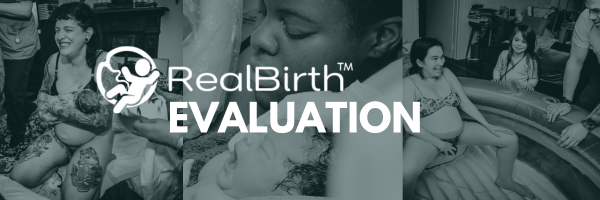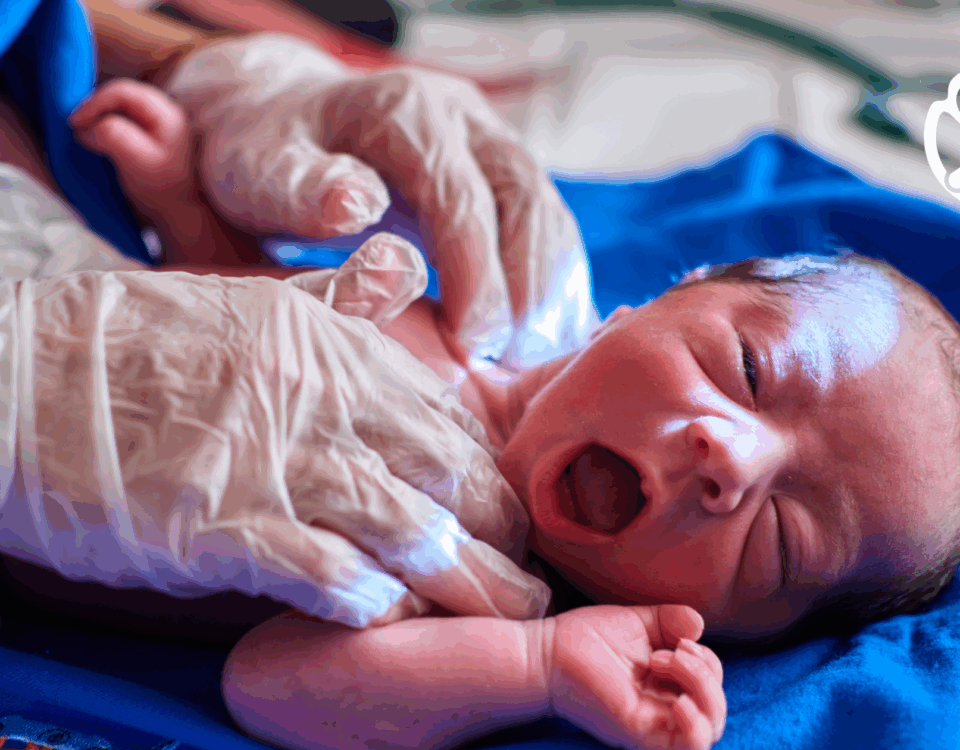ICON – Supporting Parents to Cope with Infant Crying
25 September 2024
How Has Home Birth Changed? A Journey Through Policy, Practice, and Belief
11 November 2024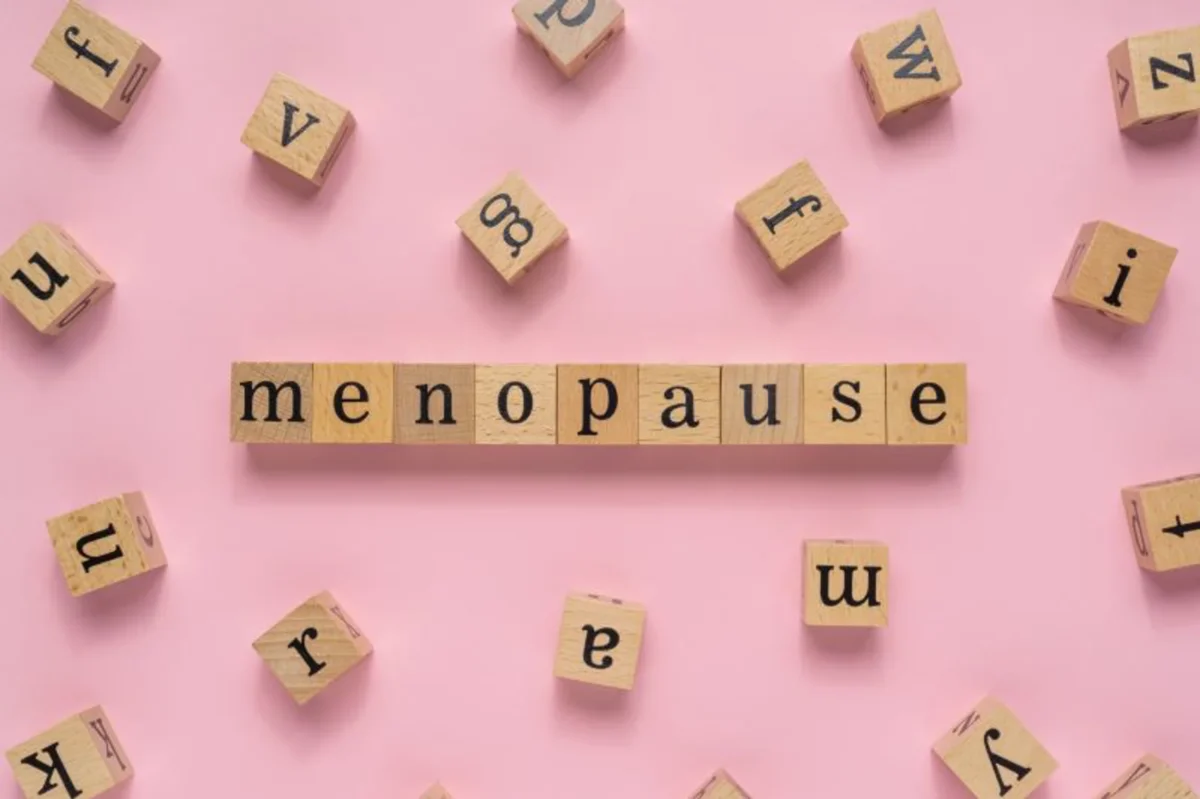
Menopause Awareness
As World Menopause Day approaches (October 18th) we look at the significance of the awareness day and the associated links between childbirth and the menopause. As a provider of comprehensive antenatal education - focusing on choice and personalised care, we will also look at why it’s important to us that relatable, accessible, evidence based education and information surrounding menopause exists.
The International Menopause Society (IMS) and the World Health Organization (WHO) designated October as World Menopause Awareness month in 2009. Raising awareness, improving education, knowledge and understanding surrounding menopause is imperative to optimise health and quality of life for all those who experience it.
Menopause is an area of reproductive health that has been a culturally taboo topic for many decades. Until recently, menopause was historically a health condition which fell below the radar. But the tide is slowly turning, with more media attention finally being given to menopause. What was once seen by some as a ‘minor inconvenience’ for women, involving the cessation of periods and a few hot flushes, is now being given the attention it rightfully deserves. High profile figures such Michelle Obama, Oprah Winfrey and Gwyneth Paltrow have all spoken out about menopause, and the publication of Davina McColls’ latest book ‘Menopausing’, have all helped bring to light to the complex nature of menopause, increasing public conversation and encouraging people to seek care and support for their symptoms - which can only be a good thing.
What is Menopause?
Menopause literally means stopping periods. ‘Meno’ refers to menstruation and ‘pause’ means to stop. Menopause occurs when the ovaries stop producing hormones, and is usually diagnosed after 12 consecutive months without a period.
The years leading up to menopause are known as perimenopause. This refers to the physical changes that occur as a woman’s reproductive years draw to a close, where the ovaries slowly start to decrease the production of oestrogen, which can cause menopausal symptoms.
This transition period can vary greatly in length between individuals, populations and ethnic groups, and can last anywhere from a few months up to 10 years - but typically lasts between 4 and 8 years.
Menopause can occur naturally as a result of changes in hormones, or as a result of certain surgeries such as oophorectomy or hysterectomy (removal of the ovaries or uterus), or as a result of cancer treatments or genetic factors.
It’s not only those who identify as women who will experience menopause. Some transgender men, non-binary people and intersex people, or people with variations in sex characteristics may also experience menopause. Anyone who experiences periods, can experience menopause.
What are the Symptoms of Menopause?
Most women will experience symptoms of menopause, but some will experience few or no symptoms at all, and everybody's experience will vary. Some will experience early symptoms whilst still experiencing periods. Some symptoms are also more common than others - hot flushes, for example, are experienced by approximately 75% of those going through menopause. 80% will experience hot flashes for 2 years or less.
Symptoms can include any of the following:
- Hot flashes
- Night sweats
- Dizziness
- Palpitations
- Changes to vaginal tissue (also known as vaginal atrophy). This can lead to painful sex
- Thinning to the tissues of the pelvic floor. This can lead to urinary incontinence and increased susceptibility to urinary tract infections (UTIs)
- Changes in mood - increased chance of depression, irritability, anxiety, brain fog, memory issues
- Changes to body shape, size and weight
- Skin changes
- Reduced sex drive
- Mouth/gum problems
- Muscle and joint pain
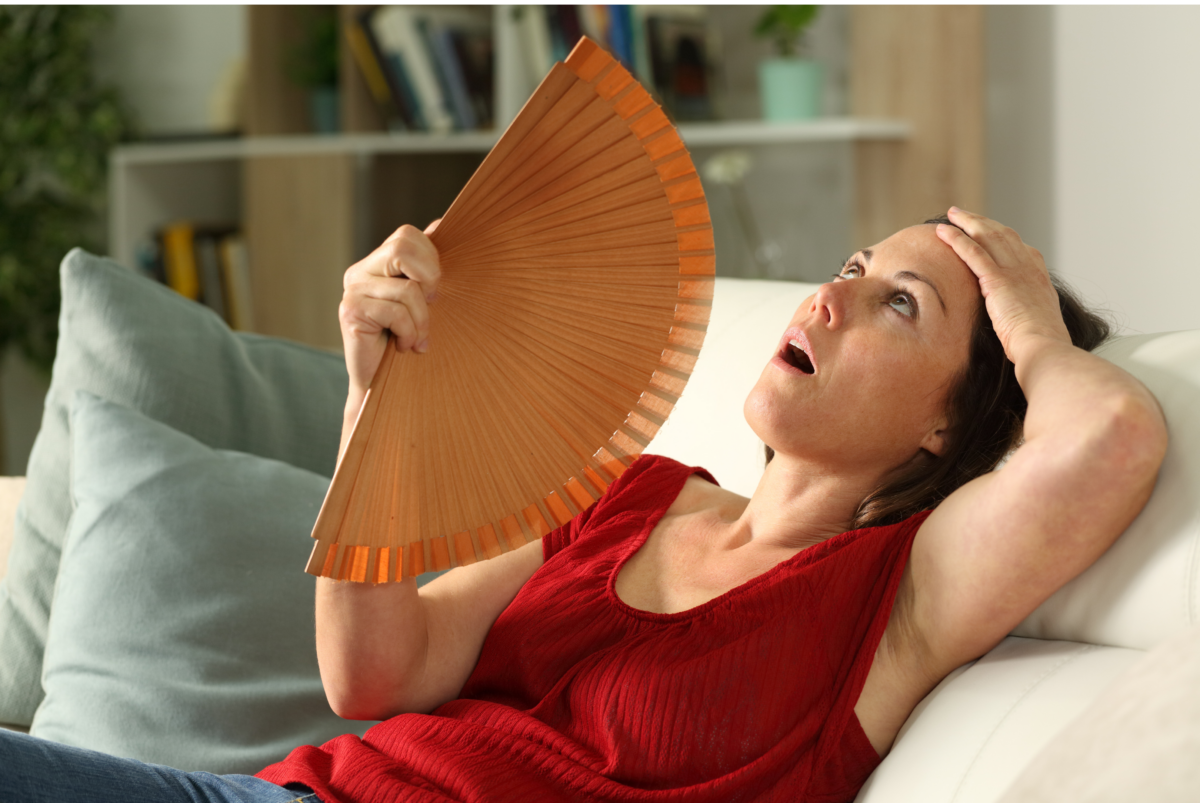
Factors Affecting Age at Natural Menopause
Women reach menopause at varying ages. There may be a genetic element to it, but the underlying mechanisms are still not well understood.
The average age to experience natural menopause is often quoted as 51, however global data indicates that the mean age across populations and geographical regions ranges from 46-52 years.
New research has also suggested that there may be an association between pregnancy and the age of natural menopause.
According to some research, it is thought that women who had never been pregnant, or who had been pregnant for 6 months or less, had an increased chance of experiencing early menopause, compared to women who had experienced a full term pregnancy. The age at natural onset of menopause appears to increase with an increasing number of pregnancies. Those with one full term pregnancy had a 8% lower chance of early menopause. Those who had experienced 2 full term pregnancies had a 16% lower chance, and those with 3 full term pregnancies experienced a 22% lower chance. There appears to be no further increase in age at menopause beyond 3 childbirths.
In addition, women who had breastfed their babies also experienced a lower chance. Those who had breastfed for a total of 25 months or more during their pre-menopausal years had a 26% lower chance than women who had breastfed for less than 1 month. Those who had exclusively breastfed for 7-12 months, had a 28% lower chance of early menopause than those who had breastfed for less than 1 month.
Additional Factors Affecting Age at Natural Menopause
- Family history
- Smoking
- Oral contraceptives
- First pregnancy at an older age
- BMI (either high or low)
- Lifestyle (sleep, exercise, diet, emotional wellbeing)
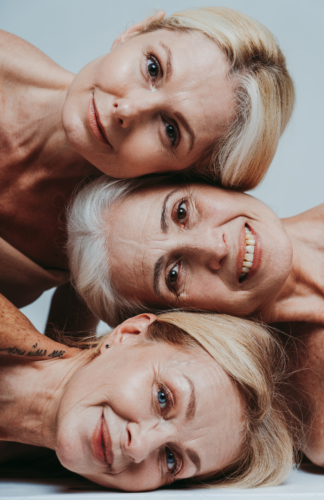
How Early is Early?
Early menopause is categorised in two ways:
- Menopause that occurs before the age of 40 is known as premature menopause. This can sometimes also be referred to as Premature Ovarian Insufficiency (POI).
Around 1% of women experience menopause before the age of 40.
- Menopause that occurs between the ages of 40 and 45 is called early menopause.
Does it Matter?
You may be wondering if it matters what age you are when you go through menopause.
Fertility
Once you’ve gone through the menopause, you will no longer be able to conceive naturally, due to the natural end of ovulation and menstrual cycles. So for those who plan to have children, the age at which menopause occurs will be significant. Fertility decreases as we get older, with rates starting to decline around the age of 30, decreasing significantly again around the age of 35, and then again around 40.
For women aged between 40-44, if no contraception was used for a year, and were having regular sex (2-3 times a week), 20% of women would become pregnant. This figure drops to 10% for women aged between 45-50, and is significantly lower for women over the age of 50. Above 55, the chance of getting pregnant is deemed low enough for all, that women can be advised to stop using contraception.
Future Health
Fertility issues aside, experiencing menopause at a younger age can impact future health and the chance of developing subsequent disease later in life. Many people do not realise that menopause before the age of 45 increases the chance of early death, cognitive decline, osteoporosis and cardiovascular disease.
Understanding menopause is important for understanding the causes of common diseases in women. In many women, 50% of their life is spent in a post-menopausal state, therefore it is imperative that strategies are put in place to optimise health and quality of life for women at this stage of their life. Identifying those at risk of early or premature menopause, is key to promoting targeted health strategies and screening programmes for associated conditions and disease.
Normalising Menopause
Raising awareness, increasing knowledge, changing the narrative and normalising menopause will help women approach this important milestone with less apprehension and anxiety. Emphasising the positive or neutral aspects of menopause, such as freedom from menstruation, pregnancy and contraception, providing information and empowering individuals to seek support or treatment for troublesome symptoms will all help to improve quality of life for women and those who experience menopause.
Improved awareness, education and legislative support around menopause will also help improve workplace gender equality. According to research by the Chartered Institute of Personnel and Development, more than two thirds (67%) of working women between the ages of 40 and 60 with experience of menopausal symptoms, said that their symptoms had mostly had a negative impact on them at work.
Of those who were negatively affected at work:
- 79% said they were less able to concentrate
- 68% said they experienced more stress
- 49% said they felt less patient with clients and colleagues, and
- 46% felt less physically able to carry out work tasks.
Further research by the Fawcett Society found that one in ten women surveyed who were employed during the menopause left work due to menopausal symptoms, with only 22% of women currently experiencing menopause disclosed this at work. Half of those surveyed said that it made them less likely to go for promotion, and a quarter said they would consider leaving their role before retirement.
With many women at the peak of their career during menopause transition, this exacerbates gender inequality in senior roles and adds to the gender pay gap.
More than 90% of post menopausal women reported having never been taught about menopause at school, with over 60% reported that they only started looking for information about it once their symptoms had begun.
The Menopause Movement
Figures and research such as this suggests much more needs to be done. There is a culture of ignorance and stigma surrounding menopause, with many individuals - including healthcare professionals, lacking awareness of the impact menopause can have, and the longer term effects on long term health. However, significant changes have been made in recent years:
- In 2019 The Department of Education made it mandatory for menopause education to be included in schools
- In March 2023 the Government announced the roll out of women's health hubs across England, to provide essential services for areas of care including menstrual problems, contraception and the menopause. The Government announced a £25 million investment to accelerate the development of women’s health hubs
- The All Party Parliamentary Group (APPG) Manifesto for Menopause was launched on World Menopause Day 2023. This called for all political parties to commit to the 7 reforms ahead of the general election;
- Menopause Health Check at 40
- National Formulary for Hormone Replacement Therapy (HRT)
- Incentivising GP menopause diagnosis
- Mandated menopause action plans in large companies
- Licensing of female-specific testosterone
- More funding for menopause research
- Review and improve specialist care provision
- Also in October 2023 the Government appointed Helen Tomlinson as the first ever Menopause Employment Champion - the role intended to drive awareness of issues surrounding the menopause. The Department for Work and Pensions published No Time to Step Back: the Government’s Menopause Employment Champion. This report sets out guidance for employers to create a more supportive environment to help women experiencing menopause stay in work and progress.
Although there is always more than can be done, these are all examples of positive and proactive steps in the right direction, to help better prepare and support those who experience menopause.
The more menopause is talked about and normalised, the more can be done to continue working towards removing stigma that comes from lack of education and knowledge. All this will help increase access to high quality menopause services, providing empathetic and evidence based clinical care.
As with pregnancy and childbirth education - knowledge is key. This is something we stand for strongly at The Real Birth Company, and menopause is no different. Both life events are natural and important milestones in the lives of many, therefore access to high quality information, tools to support informed decision making and personalised care are all essential. This is why The Real Birth Company supports the move towards equitable, accessible and personalised menopausal services for all.

